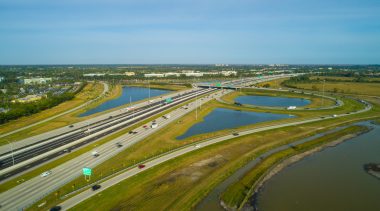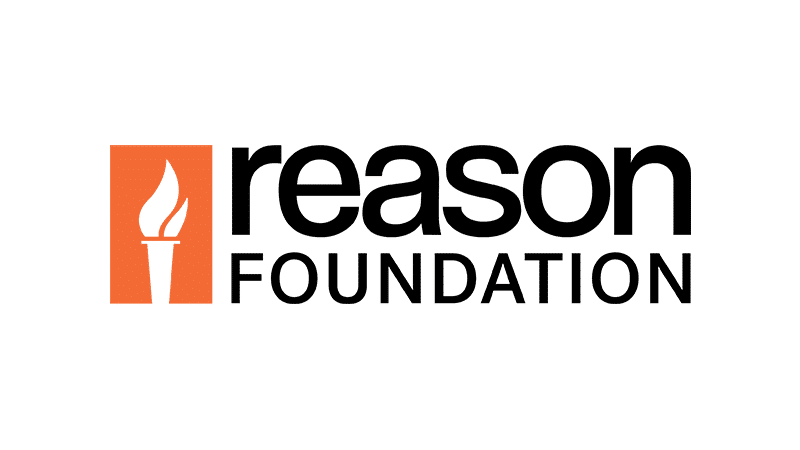-
A Conservative Case for Highway Tolling
This brief explains how tolling can be designed and implemented to be consistent with basic conservative principles of limited government, decentralization, and markets.
-
How to Improve Missouri’s Education Funding Formula
Missouri’s school finance system fails to ensure that education dollars are allocated in a fair and transparent manner.
-
Working Paper: Access To Private Schools And Public Charter Schools Might Improve Parent And Student Satisfaction
Public charter schools and private schools outperform traditional public schools on six measures of parent and student satisfaction.
-
An Analysis of K-12 Student Safety Policies and School Climates in Indiana
Results suggest that private schools and public charter schools are less likely to use school safety practices that restrict students than are traditional public schools.
-
The Impact of Regulatory Compliance Costs on Private School Participation in Voucher Programs
More specialized private schools tend to be less likely to participate in voucher programs than regular private schools.
-
Analysis of the New Mexico PERA Pension Solvency Task Force’s Preliminary Recommendations
The changes are significant and positive steps for PERA, but leave some systemic challenges—namely actuarial methods and assumptions—unaddressed.
-
Frequently Asked Questions About Heated Tobacco Products
On the balance of the available evidence, the dangers of impeding IQOS as a tool to help smokers quit far outstrips any possible threat it could pose to public health.
-
How a State Could Transition From Per-Gallon Gas Taxes to Per-Mile Charges
Examining how a state-led transition from per-gallon fuel taxes to per-mile charges (MBUFs) could come about.
-
Marijuana Industry Financial Services: The Obstacles and the Policy Solutions
Denying marijuana-related businesses the legitimate financial services available to other businesses prevents oversight, facilitates illegal sales, and may allow these businesses to conceal tax liabilities.
-
Structurally Deficient Bridges
Of the 612,408 highway bridges reported, 54,254 (8.86 percent) were rated deficient for 2017.
-
Washington Ranks 37th in the Nation in Highway Performance and Cost-Effectiveness
Washington’s best rankings are overall fatality rate, structurally deficient bridges and rural fatality rate.
-
Idaho Ranks 13th in the Nation in Highway Performance and Cost-Effectiveness
Idaho’s best rankings are capital and bridge disbursements per mile, urbanized area congestion and administrative disbursements per mile.
-
Florida Ranks 40th in the Nation in Highway Performance and Cost-Effectiveness
Florida’s best rankings are urban arterial pavement condition, rural arterial pavement condition and structurally deficient bridges.
-
Rural Highway Fatality Rate
The nation’s rural highway fatality rate worsened from 1.58 in 2015 to 1.71 in 2016.
-
Minnesota Ranks 22nd in the Nation in Highway Performance and Cost-Effectiveness
Minnesota’s best rankings are in overall fatality rate, urban fatality rate and rural fatality rate.
-
24th Annual Highway Report
North Dakota, Virginia and Missouri have the best performing, most cost-efficient state highway systems, while New Jersey, Rhode Island and Hawaii have the worst.
-
New Jersey Ranks 50th in the Nation in Highway Performance and Cost-Effectiveness
New Jersey’s best rankings are in rural Interstate pavement condition, overall fatality rate and rural fatality rate.
-
Rhode Island Ranks 48th in the Nation in Highway Performance and Cost-Effectiveness
Rhode Island’s best rankings are in rural Interstate pavement condition, overall fatality rate and rural fatality rate.










